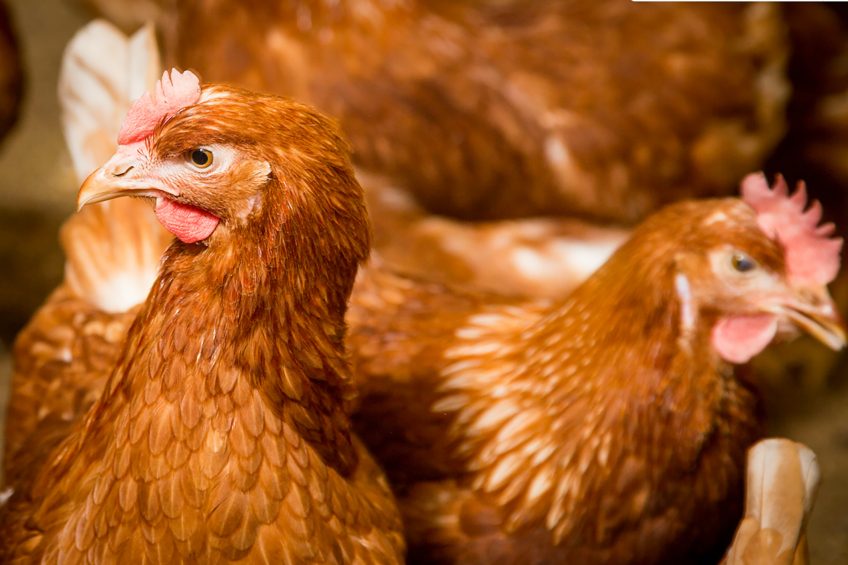Analysis of 5 laying hen systems based on sustainability

Research from Wageningen University has found that enriched cages are the most sustainable layer housing systems taking into account profit, environmental and welfare criteria.
But the complexities around defining sustainability and consumer’s understanding of the term means that in reality it will be up to the market to decide the most sustainable systems.
That was the message from the IEC’s economic analyst Peter van Horne, senior economist at the Wageningen Research Centre, whose team analysed 5 different systems:
- traditional cage
- enriched cage
- barn
- free-range
- organic systems.
Sustainability criteria was based on the People, Planet and Profit model.
Production costs
Production costs per kg of eggs were 6% higher in EU enriched cages compared to 550cm square caged birds but alternative systems had higher feed intake and mortality rates and pullets needed to be reared in floor system which meant they were more expensive. Production costs per kg of birds kept in barn systems were 17% higher than enriched cages, while free range birds were nearly 40% more expensive.
“This shows the vital importance of free-range, organic and aviary deep litter farmers getting a bonus,” he said.
Carbon footprint
Carbon footprint of layers also showed barn and free-range to the 12% and 13% more expensive based on CO2 equivalent per kg egg. This has backed up by research from Newcastle University that has shown barn and free-range systems to be 18% and 16% more costly.
This was due, he said, to additional feed production and transportation costs for the barn and free-range/organic sectors. For example, the average barn bird in a 56 day laying cycle eats 125g/day while the free-range and organic bird consumes 130 and 131g/day, significantly higher than the cage/colony bird that has 115g/day. Eggs per hen per system range from 315 for cage/colony flocks to 300 for barn and 293 and 290 for free range and organic.
People sustainability
However, when taking the people sustainability issues into account, such as animal welfare, food safety and worker safety, the issue was more complex, he said,
A long list of indicators was drawn up and weighted, shared with stakeholders, including NGOs, policy makers, scientists and the industry and scored.
The results showed that free-range and barn were far higher rated than the enriched cage system when the social/people sustainability criteria were taken into account.
Assessing sustainability is extremely difficult
The study then asked stakeholders which of the sustainability criteria should have a higher weight. It found that Dutch respondents said social sustainability criteria (43%) were more important than environmental (31%) and economic (26%).
“What was surprising was that even in this survey there was a wide range of opinions, even within individual groups.
“Part of the problem is that assessing sustainability is extremely difficult if not impossible due to people’s different perceptions. Maybe the best way is to leave it to the market – for consumers to make a decision,” he added.












